BBC – Health: Truth or Scare – Series 1
Description:
Angela Rippon and Kevin Duala go in search of the facts about good health.Episode 1: StatinsKevin Duala explores two very vocal sides of the argument over the safety of statins, the most widely prescribed drug in the country. With one side saying they save lives and another saying the side effects mean they aren’t worth taking, it can leave anyone faced with the choice of whether to take them confused about what to do.After headlines claiming a third of people diagnosed with asthma might not actually have the condition, asthma sufferer Angela gets retested for the first time in 50 years, explores the impact of being wrongly diagnosed and asks whether we are on the cusp of an explosion in new asthma cases.Steve Brown goes in search of the best way to stretch our brains to help fend off dementia, after contradictory headlines can’t seem to decide whether brain training games work or are a waste of time.First shown: 24 Apr 201744minsEpisode 2: TechnologyAngela Rippon investigates claims that the technology we use every day is damaging our eyes and ears, and asks if it is really possible that headphones, smartphones and tablets could be causing an epidemic of hearing loss and blindness.Kevin asks if desk jobs and sofa-bound lifestyles are really as bad for us as some reports suggest. And Steve Brown unpicks headlines claiming antibacterial soaps and gels might actually do more harm than good.Wheelchair user Steve worries his hands come into such close contact with the floor (through his wheels) that his hands might be harbouring some very nasty bacteria – but there are surprising results when he pits products that like to shout about their bacteria-busting properties against plain old soap and waterFirst shown: 25 Apr 201745minsEpisode 3: Aloe VeraWhile Kevin throws a party for critics and fans of all things aloe vera, he asks if the humble plant can really live up to the hype generated by its celebrity following and headline-grabbing health claims.Angela is in the operating theatre and on the wards of a hospital that gets through 14,000 aspirin tablets every month to find out how new uses for this 120-year-old drug are still being uncovered – and she asks if its side effects are really as dangerous as claimed.Danny Crates has flossed his teeth every day for as long as he can remember, but Danny’s bathroom routine is hanging by the thread after headlines claiming flossing is pointless – and there’s no proof it works. So with the help of a choir, some swabs and a lot of floss, Danny is investigating once and for all whether he should toss the floss.First shown: 26 Apr 201745minsEpisode 4: Vitamin DWith reports that people in the UK don’t spend enough time in the sun to get all the vitamin D their bodies need, Angela looks at how to balance that with the knowledge that no sun exposure is safe for our skin. She sees the serious consequences of not getting enough vitamin D and discovers some surprising news about how to get all we really need.Kevin is deciphering the bewildering array of headlines that claim they can help you kick a cold or fend off the flu.And Paralympic runner Danny Crates asks how much exercise we really need – because the papers find it very hard to agree on that and even on what really counts as exercise in the first place.First shown: 27 Apr 201745minsEpisode 5: Stress Angela asks whether there is any truth in the claims that stress can actually be good for us, with the help of a trio of people who have what is believed to be one of the most stressful jobs there is.Steve Brown asks whether people really need eight hours sleep a night, and while millions can get by on a lot less, he meets one woman whose health is at risk after she has spent years sleeping for just three hours a night.Kevin Duala explores the devastating impact exam stress can have on teens, visiting a college that is leading the way in helping students cope with the most stressful time of year.
FITNESS – HEALTH – MEDICAL Course
More information about Medical:
Medicine is the science and practice of establishing the diagnosis, prognosis, treatment, and prevention of disease.
Medicine encompasses a variety of health care practices evolved to maintain and restore health by the prevention and treatment of illness.
Contemporary medicine applies biomedical sciences, biomedical research, genetics, and medical technology to diagnose, treat, and prevent injury and disease,
typically through pharmaceuticals or surgery, but also through therapies as diverse as psychotherapy, external splints and traction, medical devices, biologics, and ionizing radiation, amongst others.
Medicine has been around for thousands of years, during most of which it was an art (an area of skill and knowledge) frequently having connections to the religious and philosophical beliefs of local culture.
For example, a medicine man would apply herbs and say prayers for healing, or an ancient philosopher and physician would apply bloodletting according to the theories of humorism.
In recent centuries, since the advent of modern science, most medicine has become a combination of art and science (both basic and applied, under the umbrella of medical science).
While stitching technique for sutures is an art learned through practice.
The knowledge of what happens at the cellular and molecular level in the tissues being stitched arises through science.
Preview Information:
More Course: FITNESS – HEALTH – MEDICAL
Outstanding Course:Why Do I Still Have Thyroid Symptoms?


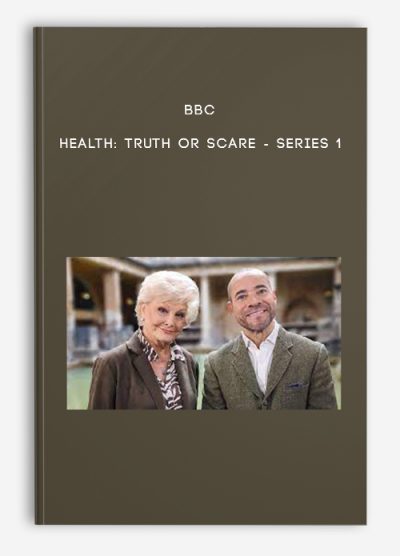
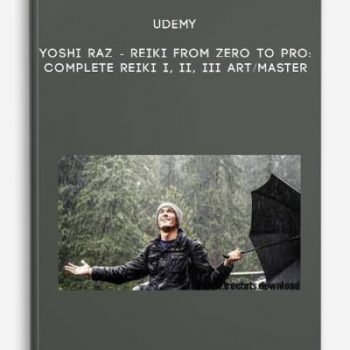
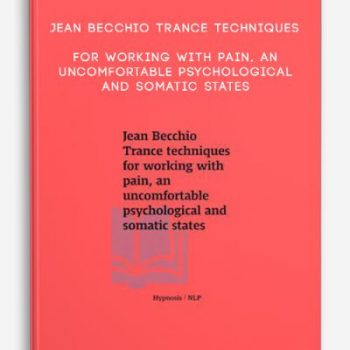
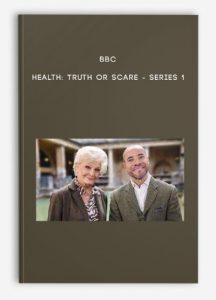
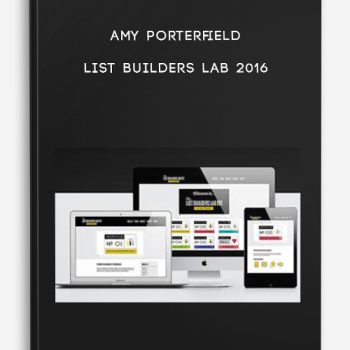
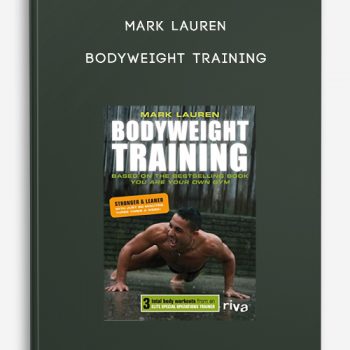

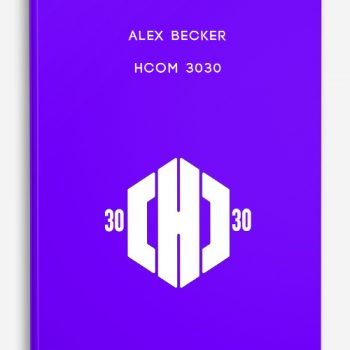
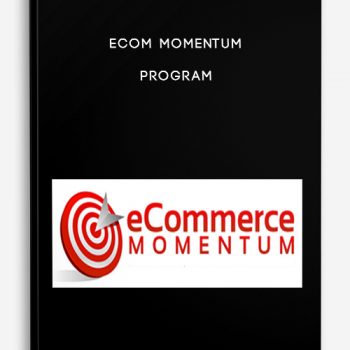
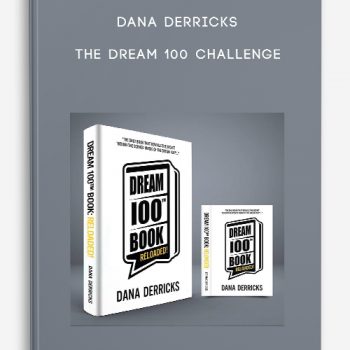
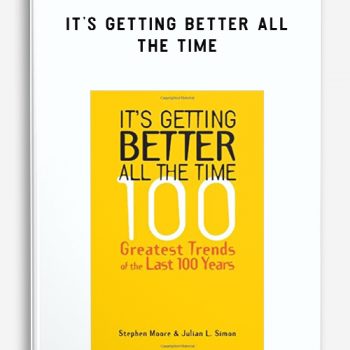
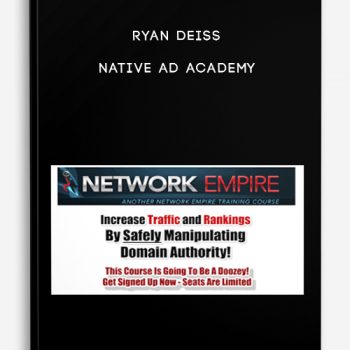
Lord –
This is Digital Download service, the course is available at Vincourse.com and Email download delivery.